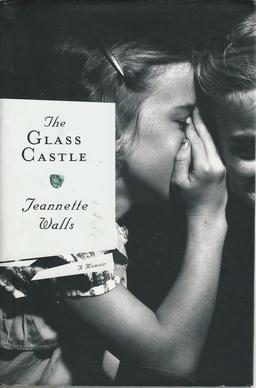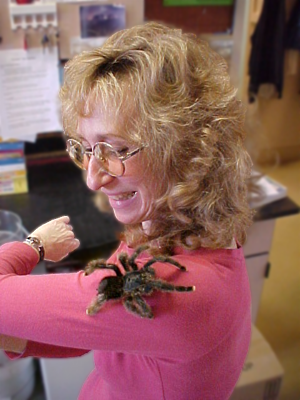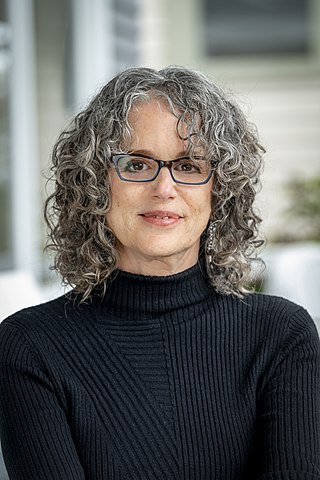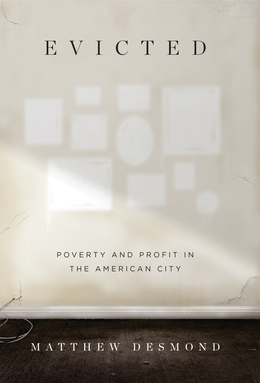
Betty MacDonald was an American author who specialized in humorous autobiographical tales, and is best known for her book The Egg and I. She also wrote the Mrs. Piggle-Wiggle series of children's books. She is associated with the Pacific Northwest, especially Washington.

Mary Ann Day Brown was the second wife of abolitionist John Brown, leader of a raid on Harpers Ferry, Virginia, which attempted to start a mass slave uprising in the South. Married at age 17, Mary raised 5 stepchildren and an additional 13 children born during her marriage. She supported her husband's activities by managing the family farm while he was away, which he often was. Mary and her husband helped enslaved Africans escape slavery via the Underground Railroad. The couple lived in Pennsylvania, Ohio, and in the abolitionist settlement of North Elba, New York. After the execution of her husband, she became a California pioneer.

Ilyasah Shabazz is an American author, most notably of a memoir, Growing Up X, community organizer, social activist, and motivational speaker, and the third daughter of Malcolm X and Betty Shabazz.
Heartland or Heartlands may refer to:
Sarah Manguso is an American writer and poet. In 2007, she was awarded the Joseph Brodsky Rome Prize Fellowship in literature by the American Academy of Arts and Letters. Her memoir The Two Kinds of Decay (2008), was named an "Editors’ Choice" title by the New York Times Sunday Book Review and a 2008 "Best Nonfiction Book of the Year" by the San Francisco Chronicle. Her book Ongoingness: The End of a Diary (2015) was also named a New York Times "Editors’ Choice." Her debut novel, Very Cold People, was published by Penguin in 2022.

The Glass Castle is a 2005 memoir by American author Jeannette Walls. Walls recounts her dysfunctional and nomadic yet vibrant upbringing, emphasizing her resilience and her father's attempts toward redemption. Despite her family's flaws, their love for each other and her unique perspective on life allowed her to create a successful life of her own, culminating in a career in journalism in New York City. The book's title refers to her father's ultimate unfulfilled promise, to build his dream home for the family, a glass castle.
The Chicago Tribune Heartland Prize is a literary prize created in 1988 by the newspaper The Chicago Tribune. It is awarded yearly in two categories: Fiction and Nonfiction. These prizes are awarded to books that "reinforce and perpetuate the values of heartland America."

Sy Montgomery is an American naturalist, author and scriptwriter who writes for children as well as adults.

The Appalachian region and its people have historically been stereotyped by observers, with the basic perceptions of Appalachians painting them as backwards, rural, and anti-progressive. These widespread, limiting views of Appalachia and its people began to develop in the post-Civil War; Those who "discovered" Appalachia found it to be a very strange environment, and depicted its "otherness" in their writing. These depictions have persisted and are still present in common understandings of Appalachia today, with a particular increase of stereotypical imagery during the late 1950s and early 1960s in sitcoms. Common Appalachian stereotypes include those concerning economics, appearance, and the caricature of the "hillbilly."

Anne Boyer is an American poet and essayist. She is the author of The Romance of Happy Workers (2008), The 2000s (2009), My Common Heart (2011), Garments Against Women (2015), and The Handbook of Disappointed Fate (2018). In 2016, she was a featured blogger at the Poetry Foundation, where she wrote an ongoing series of posts about her diagnosis and treatment for a highly aggressive form of breast cancer, as well as the lives and near deaths of poets. Her essays about illness have appeared in Guernica, The New Inquiry, Fullstop, and more. Boyer teaches at the Kansas City Art Institute with the poets Cyrus Console and Jordan Stempleman. Her poetry has been translated into numerous languages including Icelandic, Spanish, Persian, and Swedish. With Guillermo Parra and Cassandra Gillig, she has translated the work of 20th century Venezuelan poets Victor Valera Mora, Miguel James, and Miyo Vestrini.

Bassey Ikpilisten is a Nigerian-born American spoken-word artist, writer, and mental health advocate. She has appeared on HBO's Russell Simmons Presents Def Poetry five times and her poetry has opened shows for Grammy Award-winning artists. She's also the New York Times bestselling author of I'm Telling The Truth But I'm Lying. In 2020 she judged the Indiana Review Creative Nonfiction Prize. She also features on the OkayAfrica's 100 Women campaign 2020 honoree list, which celebrates women building infrastructure for future African generations.

Hillbilly Elegy: A Memoir of a Family and Culture in Crisis is a bestselling 2016 memoir by J. D. Vance about the Appalachian values of his Kentucky family and the social and socioeconomic problems of his hometown of Middletown, Ohio, where his mother's parents moved when they were young.

Robin Jeanne DiAngelo is an American author working in the fields of critical discourse analysis and whiteness studies. She formerly served as a tenured professor of multicultural education at Westfield State University and is currently an affiliate associate professor of education at the University of Washington. She is known for her work pertaining to "white fragility", an expression she coined in 2011 and explored further in a 2018 book entitled White Fragility: Why It's So Hard for White People to Talk About Racism.

Evicted: Poverty and Profit in the American City is a 2016 non-fiction book by American author Matthew Desmond. Set in the poorest areas of Milwaukee, Wisconsin, the book follows eight families struggling to pay rent to their landlords during the financial crisis of 2007–2008. Through a year of ethnographic fieldwork, Desmond's goal in the book is to highlight the issues of extreme poverty, affordable housing, and economic exploitation in the United States.

Men We Reaped is a memoir by the African-American writer Jesmyn Ward. The book was published by Bloomsbury in 2013. The memoir focuses on Ward's own personal history and the deaths of five Black men in her life over a four-year span between 2000 and 2004. Men We Reaped won the Heartland Prize for non-fiction, and was nominated for the National Book Critics Circle Award for Autobiography and the Hurston/Wright Legacy Award for Nonfiction.

Tara Westover is an American memoirist, essayist and historian. Her memoir Educated (2018) debuted at No. 1 on The New York Times bestseller list and was a finalist for a number of national awards, including the LA Times Book Prize, PEN America's Jean Stein Book Award, and two awards from the National Book Critics Circle Award. The New York Times ranked Educated as one of the 10 Best Books of 2018. Westover was chosen by Time magazine as one of the 100 most influential people of 2019.

Stephanie Land is an American author and public speaker. She is best known for writing Maid: Hard Work, Low Pay and a Mother's Will to Survive (2019), which was adapted to television miniseries Maid (2021) for Netflix. Land has also written several articles about maid service work, abuse and poverty in the United States.

Sarah Monique Broom is an American writer. Her first book, The Yellow House (2019), received the National Book Award for Nonfiction.

Sarah Smarsh is an American journalist and nonfiction writer.
Chelene Knight is a Canadian writer and poet.

















